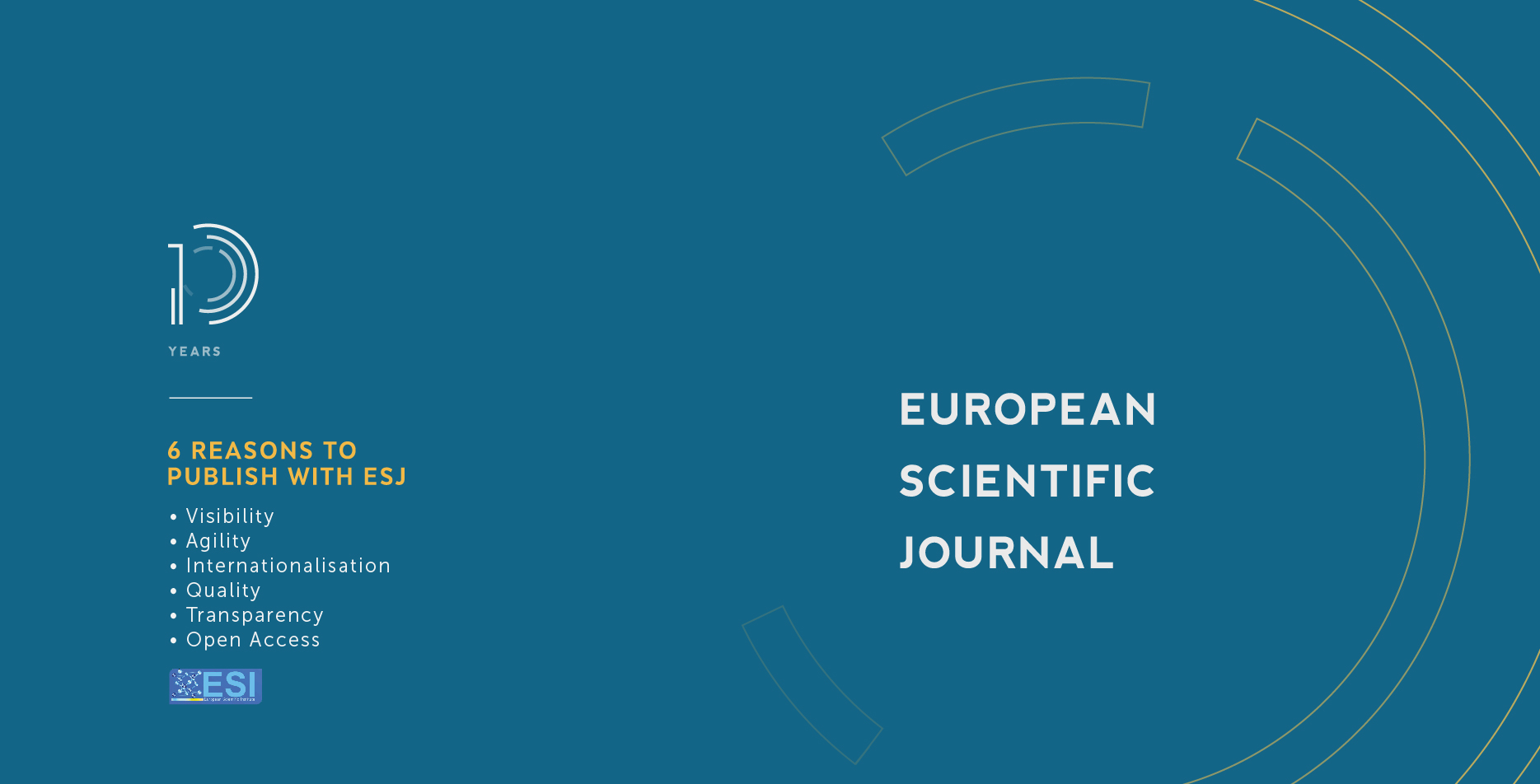International Students Attraction and Retention Practices at Georgian Higher Education Institutions
Abstract
The article discusses Georgian universities' strategies and efforts to expand internationalization and especially international student mobility in the country. In many cases, the Georgian context is very much similar to other international cases, especially in terms of cooperation between a popular international university and one of Georgian higher education institutions or applying marketing and digital tools and developing student services at universities. The study discusses international students‘ attraction and retention practices at five Georgian higher education institutions. Especially interesting are the cases of two regional universities, which are assumed as the best regional state universities in the country. One of the universities (located in Tbilisi) participating in the research has accumulated nearly twenty years of experience recruiting oversea students. The other two are universities with innovative infrastructure oriented to expanding recruiting international students’ quota and developing teaching and research activities at the institutions. The study applied qualitative research methodology and heavily relied on the grounded theory approach. The researcher analyzed strategic development and internationalization policy documents of the universities to have a clear understanding of ongoing processes at the targeted institutions.. After analyzing official documents, the researcher started interviews with the leaders and management of the universities under the research. The grounded theory approach gave the researcher the possibility to code the interview results and analyze them.
Downloads
PlumX Statistics
References
2. Ammigan, R. (2019). Institutional Satisfaction and Recommendation: What Really Matters to International Students? . Journal of International Students, 9(1), 262-281. doi: https://doi.org/10.32674/jis.v9i1.260
3. Apuke, O. D. (2017, October). Quantitative Research Methods : A Synopsis Approach. Kuwait Chapter of Arabian Journal of Business and Management Review, 6(11), 40-47. doi:DOI: 10.12816/0040336
4. Asaad, Y. (2011). An investigation into export market orientation in UK universities from the international marketing managers' perspective: A mixed-method approach.
5. Batumi Shota Rustaveli State University. (2017, June 28). https://bsu.edu.ge/. Retrieved from bsu.edu.ge: https://bsu.edu.ge/text_files/en_file_1989_1.pdf
6. Beaulieu, M., & Brousselle, M. B. (2018, February). Conceptualizing 20 years of engaged scholarship: A scoping review. PLOS ONE, 1-17. doi:doi.org/10.1371/journal.pone.0193201
7. Calikoglu, A., & Uslu, F. N. (2020, March). The Teaching and Research Nexus in Turkish Academia: Lessons from an international survey. Higher Education Forum, 17, 115-134. doi:DOI:10.15027/48957
8. Charmaz, K. (2006). Constructing Grounded Theory . London: Sage Publication.
9. Georgian National University. (2020). https://www.seu.edu.ge/. Retrieved from https://www.seu.edu.ge/: https://www.seu.edu.ge/uploads/files/%E1%83%93%E1%83%9D%E1%83%99%E1%83%A3%E1%83%9B%E1%83%94%E1%83%9C%E1%83%A2%E1%83%90%E1%83%AA%E1%83%98%E1%83%90/%E1%83%93%E1%83%9D%E1%83%99%E1%83%A3%E1%83%9B%E1%83%94%E1%83%9C%E1%83%A2%E1%83%90%E1%83%AA%E1%83%98%E1%83%90%
10. Gergedava, E. B. (2017). Self-Assessment Report. Tbilisi: TSU.
11. Gorgodze, A. C. (2016). Internationalization of Georgian Higher Education: National and International Influences. Hungarian Educational Research Journal, 6(1), 20-34. doi:DOI: 10.14413/HERJ.2016.01.02.
12. Gurchiani, K. (2020). 15 Years of Bologna Process in Georgia: Achievements, Challenges and Recommendations. Tbilisi: The National Erasmus+ Office (NEO) Georgia.
13. Hussey, J. C. (2014). Business Research: A Practical Guide for Undergraduate and Postgraduate Students (4 ed.). New York: Palgrave Macmillan.
14. International Black Sea University. (2018, February 5). https://ibsu.edu.ge/en/. Retrieved from https://ibsu.edu.ge/en/: https://ibsu.edu.ge/wp-content/uploads/2019/12/Strategic_Plan_2018_-_2025-geo.pdf
15. New Vision University. (2020). https://newvision.ge/geo/. Retrieved from https://newvision.ge/geo/: https://newvision.ge/eng/internationalization-strategy/international_profile/
16. Olo, D., & Rego, L. C. (2021). Higher Education Institutions and Development: Missions, Models, and Challenges. Journal of Social Studies Education Research, 12(2), 1-25. doi:doi.org/10.1016/j.techfore.2020.120284
17. Tbilisi State Medical University. (2018). https://tsmu.edu/ts/. Retrieved from https://tsmu.edu/ts/: https://tsmu.edu/ts/images/dxp/strategiuli-ganviTarebis-gegma-5b02d4c975404.pdf
18. Wedlin, L. (2008). University marketization: The process and its limits. The university in the market, 84, 143-153.
19. Yun, M. J.-M. (2017). Exploring factors influencing international students’ decision to choose a higher education institution: A comparison between Chinese and other students. International Journal of Educational Management , 31(3), 343-363. doi:DOI:10.1108/IJEM-11-2015-0158
20. Zhvania, A. (2016). Study in Georgia: Prospects of Internationalization of Higher Education . MC Research Center , 1-36.
Copyright (c) 2022 Ekaterine Kvantaliani

This work is licensed under a Creative Commons Attribution-NonCommercial-NoDerivatives 4.0 International License.








